Adventure Therapy – What It Is, What the Goal is, and How It Can Help
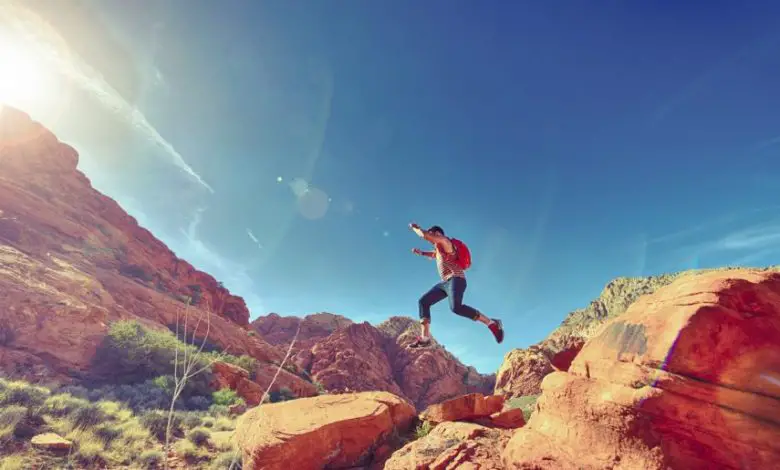
Have you ever been on an adventure? If so, you know just how exhilarating and fun it can be. Now imagine if that adventure was used as a therapy to help you work through some personal issues or problems. This is the idea behind adventure therapy – using outdoor activities and challenges to help people achieve therapeutic goals. In this blog post, we will explore what adventure therapy is, its purpose, and how it can help people in their lives. Please look into Renaissance Recovery for more information on adventure therapy.
What is adventure therapy?
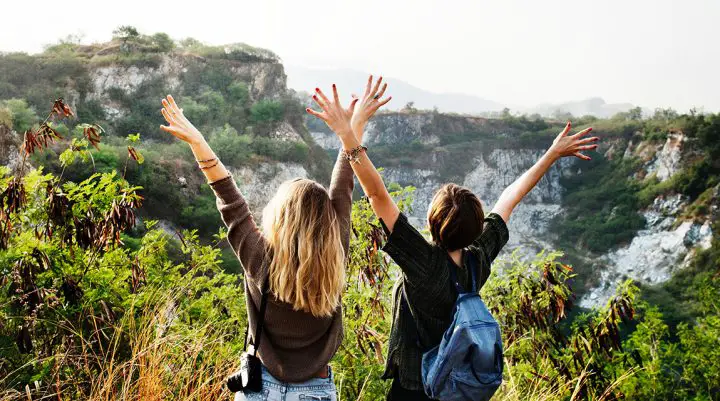
Adventure therapy is an experiential therapy that uses outdoor activities and challenges to help people achieve therapeutic goals. Adventure therapy aims to provide an opportunity for personal growth and healing in a safe and supportive environment. Adventure therapy can treat various mental health conditions, such as anxiety, depression, PTSD, addiction, and eating disorders.
What are the benefits of adventure therapy?
There are many benefits of adventure therapy, including:
– improved mental health
– increased self-esteem
– increased sense of accomplishment
– improved physical health
– improved social skills
How does adventure therapy improve mental health?
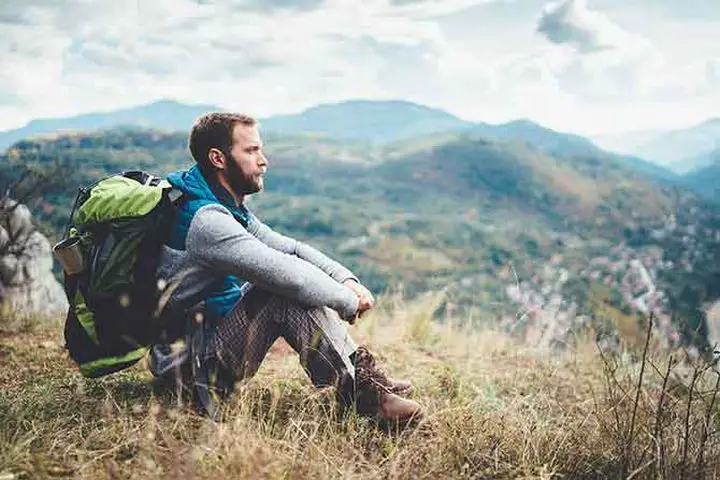
Adventure therapy can improve mental health in a variety of ways. First, adventure therapy can help people learn new skills and strategies for managing their mental health conditions. Second, adventure therapy can provide an opportunity for people to develop a support network of other individuals who are facing similar challenges. Finally, adventure therapy can help people increase their self-esteem and sense of accomplishment by providing opportunities to challenge themselves and succeed at tasks they may have thought were impossible.
How does adventure therapy increase self-esteem?
Adventure therapy can help to increase self-esteem in several ways:
- Adventure therapy can allow people to challenge themselves and succeed at tasks they may have thought were impossible. This sense of accomplishment can help to boost self-esteem.
- Adventure therapy can help people develop a support network of other individuals facing similar challenges. This supportive network can provide encouragement and reassurance, which can also help to boost self-esteem.
- Adventure therapy can help people learn new skills and strategies for managing their mental health conditions.
As people know how to manage their condition better, they may feel more competent, leading to increased self-esteem.
How does adventure therapy increase a sense of accomplishment?
One of the ways adventure therapy can increase a sense of accomplishment is by providing opportunities for people to set and achieve goals. When people can set and achieve goals, they often feel a sense of pride and satisfaction. This sense of accomplishment can help to boost self-esteem.
Another way adventure therapy can increase the sense of accomplishment is by helping people develop new skills and strategies for managing their mental health conditions. As people learn how to manage their condition better, they may feel more capable, leading to increased self-esteem.
Finally, adventure therapy can help people connect with other individuals facing similar challenges. This supportive network can provide encouragement and reassurance, which can also help to boost self-esteem.
How does adventure therapy improve physical health?
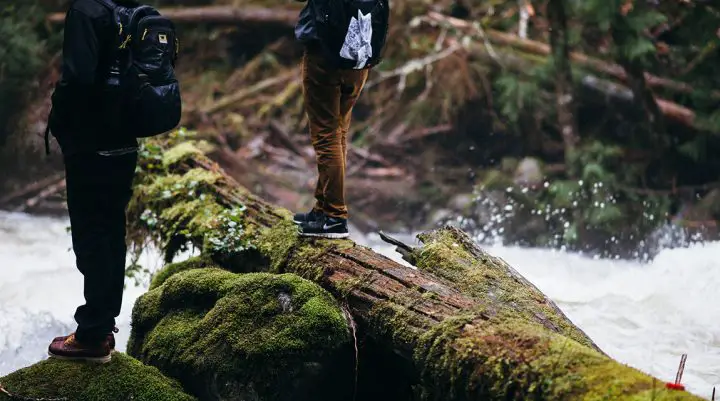
Adventure therapy can help to improve physical health in a few different ways:
- It can help people become more active, improving their fitness and overall health.
- Adventure therapy can teach people healthy coping skills for managing stress and reducing stress’s adverse effects on physical health.
- Adventure therapy can help people better understand their physical capabilities and limitations, leading to improved self-care and safety.
How does adventure therapy improve social skills?
Adventure therapy can improve social skills in a few different ways:
- Working in small groups on challenging tasks can help people develop trust and teamwork skills.
- Adventure therapy can help people improve communication skills by learning to express themselves clearly and concisely under stress.
- Adventure therapy can help people develop empathy and understanding for others by experiencing different points of view and cultures through travel and outdoor activities.
What are the benefits of adventure therapy?
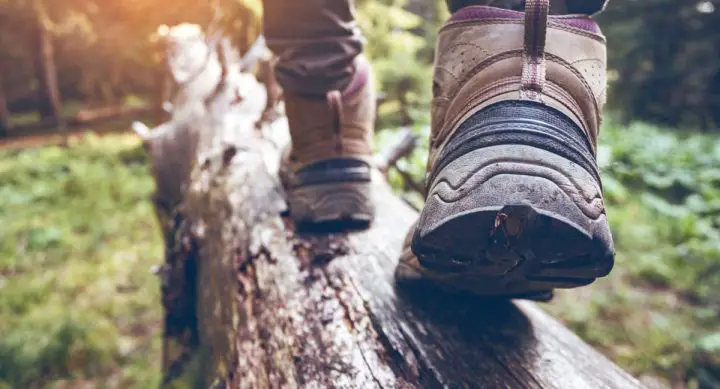
Evidence-based therapy proves that adventure therapy can have a lasting positive impact on mental health. Adventure therapy can help people learn how to cope with difficult emotions, develop trust and teamwork skills, and improve communication skills.
How does adventure therapy work?
Adventure therapy typically involves hiking, rock climbing, canoeing, whitewater rafting, and swimming. These activities are often combined with traditional talk therapy to help people process their thoughts and feelings about their experiences.
Adventure therapy aims to help people develop new skills and coping mechanisms that they can use in their everyday lives. Adventure therapy can be an effective treatment for mental health conditions because it helps people challenge themselves physically and emotionally while providing a supportive environment.
If you or someone you know is struggling with a mental health condition, consider talking to a therapist about the possibility of adventure therapy. Adventure therapy may not be suitable for everyone, but it can be a helpful tool for some people to improve their mental health and overall wellbeing.
More purpose of adventure therapy is to help people:
-Develop trust
-Improve communication skills
-Learn teamwork skills
-Gain a sense of achievement/accomplishment
How does one develop trust through adventure therapy? One way is through low ropes course activities. These ground-based challenges require cooperation and communication between team members to complete the task successfully. The point of these activities is not to complete the job as quickly as possible but to work together as a team and build trust with one another.
How does one improve communication skills through adventure therapy? One way is by doing problem-solving activities. These activities require team members to communicate with each other to figure out a solution to the problem. To do this effectively, team members need to listen to each other and understand what each person is saying.
How does one learn teamwork skills through adventure therapy? One way is through group challenges. These challenges require team members to work together to complete the task. To do this effectively, team members must cooperate and use each person’s strengths to accomplish the goal.
How does one gain a sense of achievement/accomplishment through adventure therapy?
One way is by completing tasks that require effort and perseverance. These tasks can be physical, such as hiking up a mountain, or mental, such as solving a complex puzzle. Completing these tasks gives a sense of achievement and accomplishment that can boost self-esteem and confidence.
What are some of the benefits of adventure therapy?
Some of the benefits of adventure therapy include:
-Improved self-esteem
Each of these benefits can contribute to improved mental health and overall wellbeing. Trust, self-confidence, communication, and teamwork are all important in everyday life.
When did adventure therapy first become a thing?
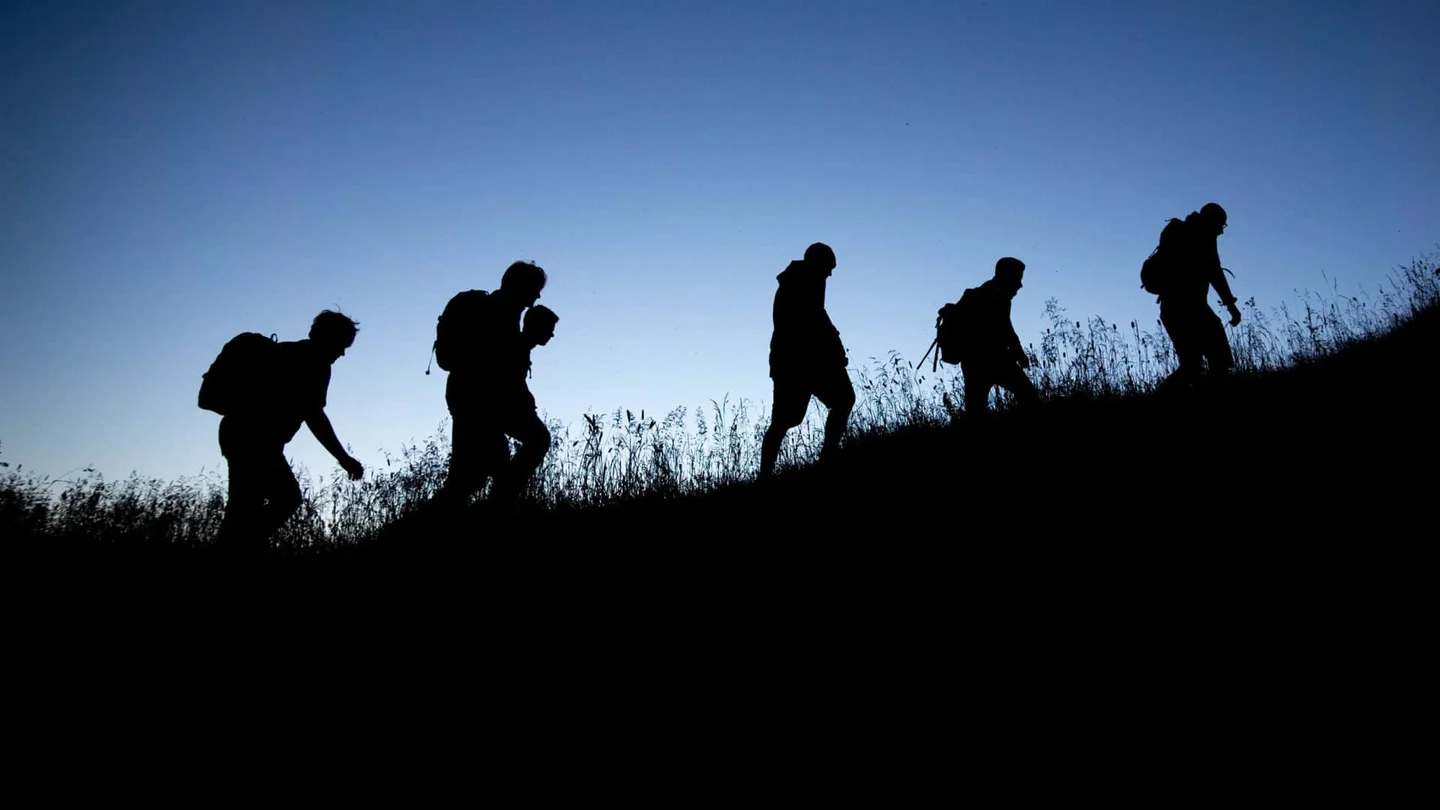
The first recorded adventure therapy was in the 1940s when outdoor activities were used as a part of rehabilitation for soldiers returning from World War II. However, it wasn’t until the 1970s that adventure therapy began to be used more widely as a tool for mental health and wellbeing.
How can you get involved with adventure therapy?
There are many different ways to get involved with adventure therapy. There are programs all over the world that offer adventure therapy experiences. You can also find many books and online resources that guide incorporating adventure into your life for personal growth and development.
Today is your chance and opportunity to get involved with adventure therapy as it can help improve yourself during your recovery.
